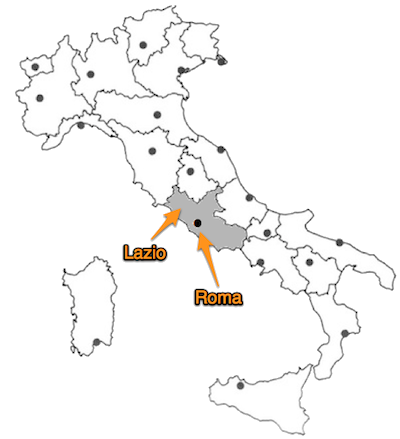Connecting Latium (and thereby Latin) to a pre-Islamic goddess mentioned in the Coran (written in the 7th Century AD) is highly creative (even if not respectful to linguists, to Muslims and to Romans). So is the mention of this "Mount Latium". I live in Monterotondo, not far from Rome, please do not hesitate to give me the location of this mountain, unknown to all the people in the region, and I will drive there immediately ! Baci da bellissima lazio.
Oh, by the way :
Lătĭum , ii, n. 2. lătus; Sanscr. root prath-, to spread or widen; cf. Lat. later, etc.; prop., the plains or flat-land; “by the ancients referred to latēre, because here Saturnus lay concealed from his son,” Ov. F. 1, 238; Verg. A. 8, 322; Arn. 4, 143; Lact. 1, 13; “or to Latinus,” the name of the mythical king, Varr. L. L. 5, § 32 Müll.,
a country of Italy, in which Rome was situated
in Charlton T. Lewis et Charles Short, A Latin Dictionary, Clarendon Press, Oxford, 1879

